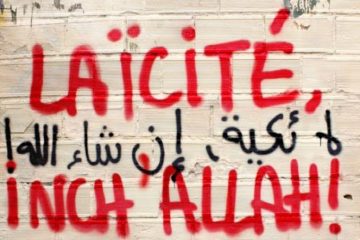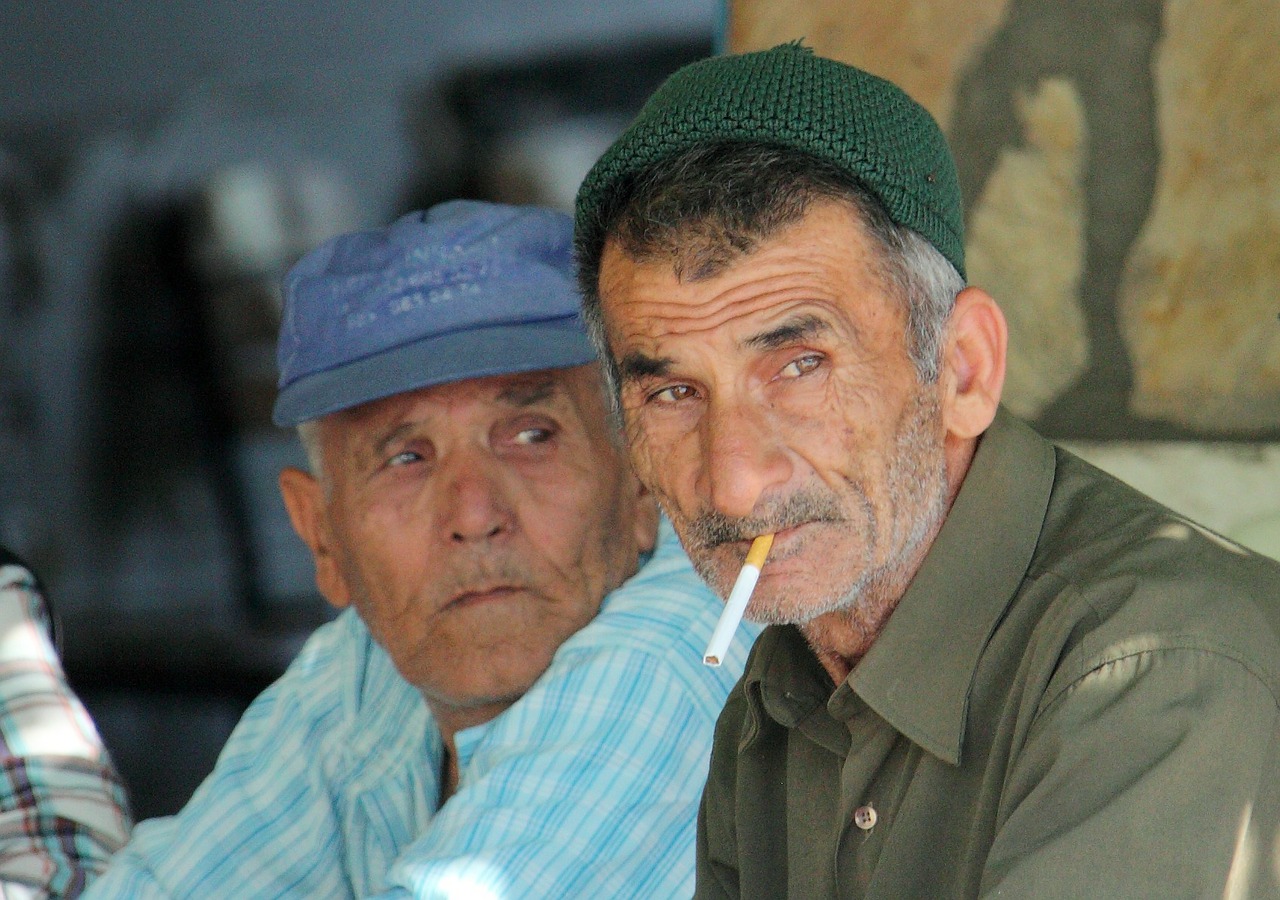Bu çalışma, postmodernizm ve dinin siyasal, toplumsal ve kültürel arka planını Türkiye örneği bağlamında incelemektedir. İslami çevreler modernden postmoderne geçişi, fırsat olarak görmekte, ancak postmodernizm ve din, İslam ve kapitalizm, dindarlık ve modernlik arasındaki paradoksal süreçlerde, çelişkili söylem ve eylemler gözlenmektedir. Dindar kimlik ve Batı modernliği arasında gözlenen paradoksal ilişkide, dindar bireyler, modernliği söylem düzeyinde sürekli olarak eleştirmekte, ama bireysel davranış ve toplumsal pratik düzeyinde ikisi arasındaki etkileşim her geçen gün daha da derinleşmekte ve karmaşıklaşan bir görüntü vermektedir. Dindar bireylerin modern dünyada konumlanma talebi, çok yönlü etkileşim ve karşılaşmayı doğurmakta, içsel çelişkiler, gerilimler, karmaşık süreçlere sahne olmakta, postmodernizm ve din, gerek ontolojik gerek epistemolojik gerekse etik öncelikleri açısından farklı toplumsal sistemler olduğu için, iki farklı sistemin Türkiye özelindeki eklemlenmesi birçok gerilim, çelişki ve paradoksu da barındırmakta, ortaya, karmaşık, renkli ve ironik birleşimler çıkmaktadır.
Anahtar Kelimeler — Postmodernizm, Din, Paradoks, Metalaşma
Atıf — Özbolat, A. (2017). Postmodern Dünyada Din: Yaygınlaşan Dinsellik, Yüzeyselleşen Dindarlık, İslami Araştırmalar Dergisi, 28 (3), 265-278.
Makaleyi İndirReligion in the Postmodern World: Religiousness that Become Widespread, Religiosity that Become Superficial
This study examines the political, social and cultural background of postmodernism and religion in the context of Turkey. Islamic circles see oppurtunity from modern to postmodern to transition but postmodenism and religion, Islam and capitalism, in the paradoxical processes between religiousness and modernism, is monitored contradictory actions and expressions. Regarding the paradoxical relationship between religious identity and Western modernism, religious people consistently develop a critical discourse about modernism; however, the interaction in between gets deeper and more complicated day by day at individual behaviour and social practice level. The demand for positioning in the modern world of religious individuals results in multidirectional interaction and encounters, which causes internal conflicts, tensions and complicated courses. As postmodernism and religion are of different social systems in terms of ontology, epistemology and ethics, embeddedness of the very different two systems in Turkey reserves many tensions, contradictions and paradoxes and that creates complicated, colorful and ironic combinations.
Keywords — Postmodernism, Religion, Paradox, Commodification
Citation — Özbolat, A. (2017). Religion in the Postmodern World: Religiousness that
Become Widespread, Religiosity that Become Superficial, Journal of Islamic Researchs, 28 (3), 265-278.


